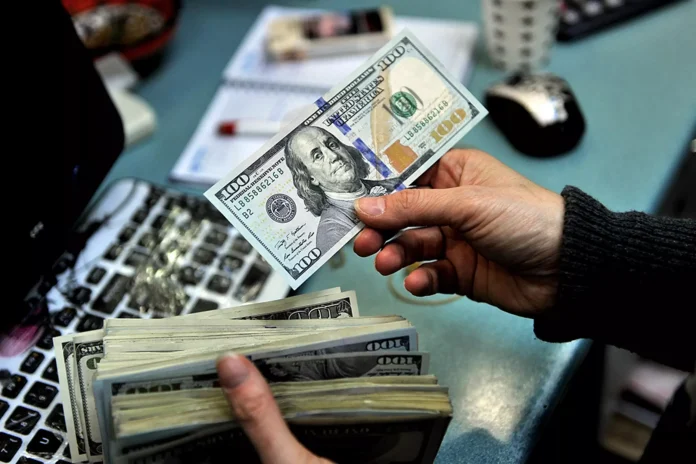According to data from the FMDQ currency platform, the volume of US dollars flowing into Nigeria’s autonomous foreign currency (FX) market jumped by more than 21% month on month in July.
The jump was driven by increased revenue from overseas transactions. According to data from the FMDQ securities trading platform, exporters’ FX inflows contributed to the currency supply in the market in August.
Nigeria’s import demand for FX-priced goods and services remains high. The massive FX obligations on the balance sheets of some listed companies caused near-corporate distress months after the Central Bank of Nigeria (CBN) depreciated the naira.
Based on the data obtained from FMDQ, total inflows into the Nigerian Autonomous Foreign Exchange Market (NAFEM) rose by 21.4% month on month to USD2.34 billion in August.
This was in contrast to USD1.92 billion inflows recorded in the preceding month of July, 2024. The breakdown of the figure showed that inflows from local sources increased by 15.5% in August to USD1.94 billion from USD1.68 billion achieved at the window in the preceding month of July.
Analysts at Cordros Capital Limited said the improvement in FX inflows was driven by increased collections from Individuals, Exporters, and Non-Bank corporate segments despite the weaker inflow from the CBN segment (-53.7% m/m).
FMDQ report showed that US dollar volume inflows from the individuals increased by 162.5% month on month in August. The same pattern was seen in exporters FX inflows, which surged by 28.3% while non-bank corporates contribution spiked by 18.7% in the same period.
On the other hands, contribution made by the Central Bank of Nigeria (CBN) the lowest. The CBN activities at the Nigerian autonomous FX market had ebbed after the willing buyer, willing seller stance.
According to FMDQ report, inflows from the CBN reduced by 53.7% month on month amidst a switch in FX auction pattern. The CBN resumed retail Dutch FX sales to authorised dealers banks on 7th of August, 2024.
Further details showed that other active players in the currency market jumped in the month, Inflows from foreign sources increased by 62.1% to USD394.50 million, from USD243.30 million in July.
In spite of the growth from foreign sources, the volume of US dollars brought into the market was below the average level of USD 790.57 million in the first half of 2024. Analysts at Cordros Capital Limited said the pattern reflects still weak foreign investor confidence in Nigeria’s forex market.
“…We expect FX liquidity conditions to remain tepid in the near term should inflows from the CBN remain weak, which could lower market confidence and increase pressure on the naira,” analysts said.













